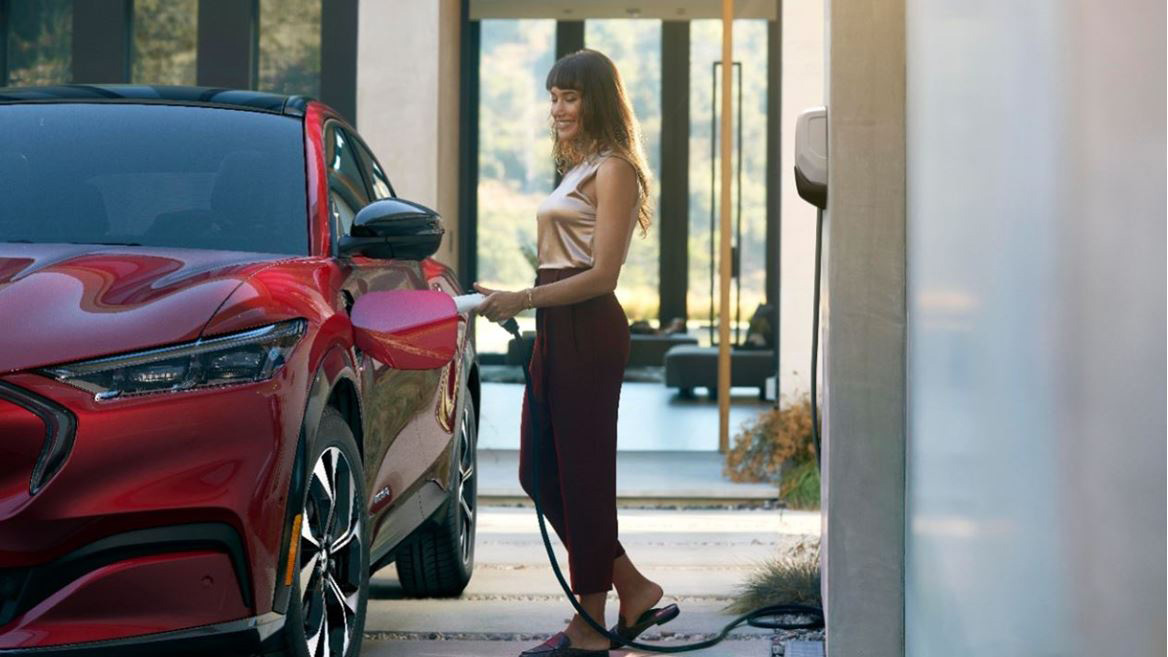ChargeScape builds on the success of an earlier project called the Open Vehicle-Grid Integration Platform. It's designed to manage how electricity flows between EVs and the grid, based on what's happening in real-time. When the grid's under strain, the system can slow down charging. It can even send power back to the grid from car batteries when needed.
For drivers, there's good news. They might get some cash back for being flexible with their charging times. Plus, they'll still be guaranteed to have their cars charged up when they need them.
The new company has already landed some big clients. Duke Energy, Xcel Energy, and Eversource Energy are all on board.
Joseph Vellone has been picked as ChargeScape's first CEO. He shared his thoughts on the company's mission:
"The U.S. has set ambitious targets for renewable energy deployment and EV adoption, and ChargeScape is here to bridge that gap between supply and demand of electricity. We want to transform EVs from a liability into an asset for the power grid and help deliver a clean transportation future for our country."
BMW, Ford, and Honda, the founding companies, are sticking to their guns on EVs, including plug-in hybrids. They're focused on making these cars cheaper to own and run over time.
ChargeScape aims to solve two problems at once. It'll help keep the power grid stable and save drivers money on charging. As more people switch to electric cars, systems like this will become increasingly important to balance the growing demand for electricity.
Source: Honda

